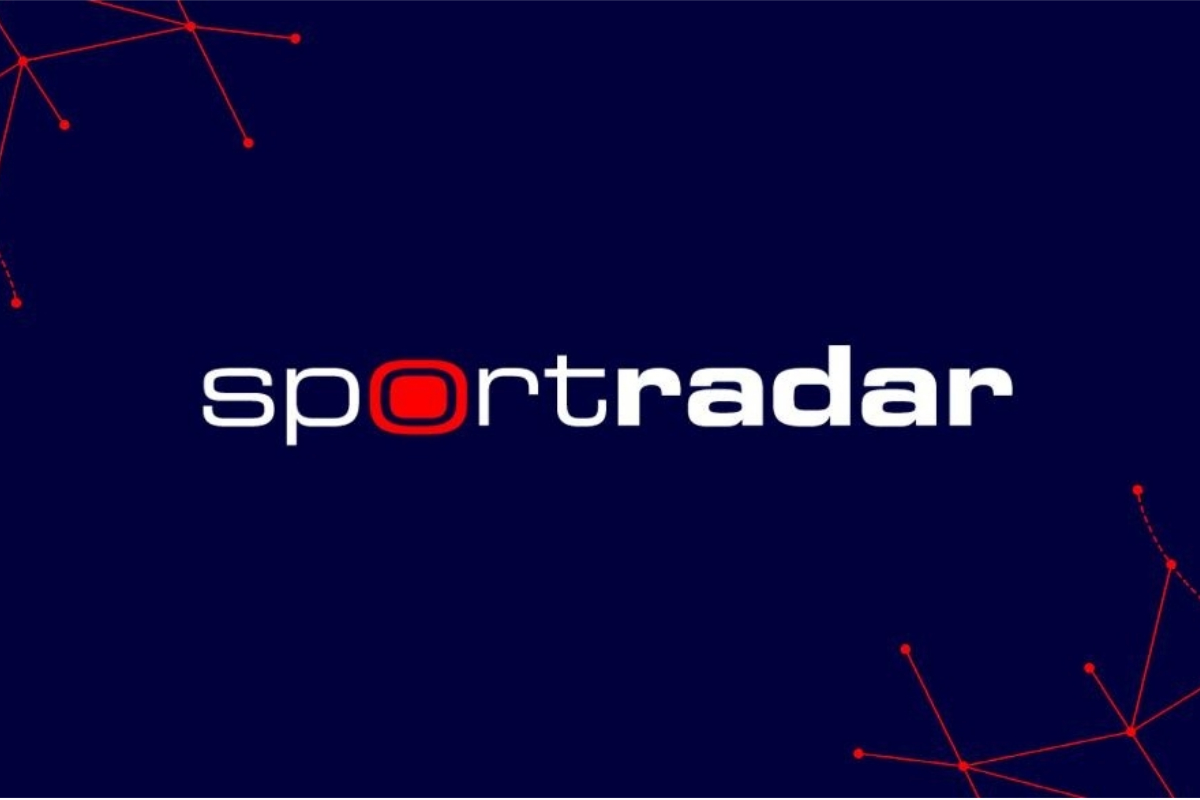
XLMedia to Acquire Sports Betting Dime
XLMedia PLC has entered into an agreement to acquire the business and assets of Sports Betting Dime (SBD) for about $26 million.
The company also announced plans to raise a minimum of about £20 million via a placing and a subscription and up to a further £3 million in an open offer. The net proceeds of the fundraising will be used mainly to finance the SBD purchase.
SBD is a leading US affiliate sports betting brand with a national website, sportsbettingdime.com, and two mobile apps. The website had more than 1.2 million visitors in January. The acquisition of SBD alongside XLMedia’s existing US sports betting asset (CBWG), provides scale at local and national level.
“We are delighted with the progress of the CBWG business in North America in the short period since we acquired it in December, and we are excited by the potential synergy value from leveraging the scale, footprint and skills of SBD,” Stuart Simms, chief executive of XLMedia, said.
“We believe the combination of Sports Betting Dime and CBWG provides the group with immediate scale and broad market reach at a time when US sports betting is experiencing significant growth momentum as additional states regulate and open up to legalised sports betting,” Stuart Simms added.
XLM also said it expects to deliver revenue of at least $54.5 million and an adjusted EBITDA of about $11.5 million when it announces its full-year results at the end of next month.










